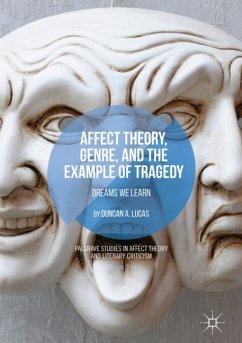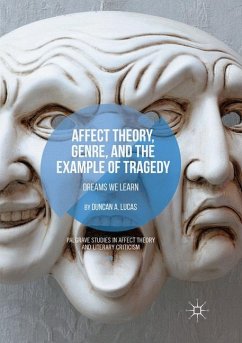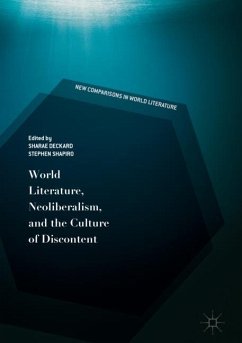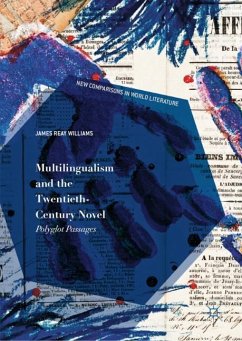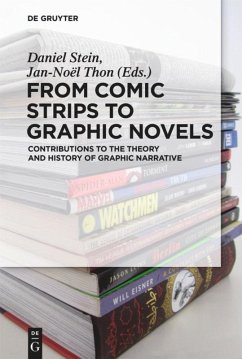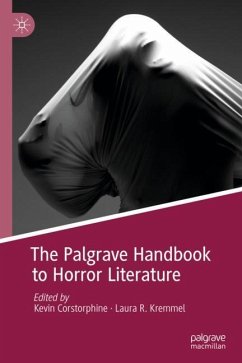
Barbarian: Explorations of a Western Concept in Theory, Literature, and the Arts
Vol. II: Twentieth and Twenty-first Centuries
Versandkostenfrei!
Versandfertig in 6-10 Tagen
139,09 €
inkl. MwSt.

PAYBACK Punkte
0 °P sammeln!
This two-volume co-authored study explores the history of the concept of barbarism from the eighteenth century to the present and highlights its foundational role in modern European and Western identity. It constitutes an original comparative and interdisciplinary exploration of the concept's modern European and Western history and combines overviews with detailed analyses of representative works of literature, art, film, philosophy, and political and cultural theory.Volume 2 broaches figurations of barbarism and mobilizations of the barbarian across diverse contexts, media, and fields from th...
This two-volume co-authored study explores the history of the concept of barbarism from the eighteenth century to the present and highlights its foundational role in modern European and Western identity. It constitutes an original comparative and interdisciplinary exploration of the concept's modern European and Western history and combines overviews with detailed analyses of representative works of literature, art, film, philosophy, and political and cultural theory.
Volume 2 broaches figurations of barbarism and mobilizations of the barbarian across diverse contexts, media, and fields from the early twentieth century to our present: from avant-garde manifestoes to contemporary multilingual literature and adaptations of the Medea myth, from anti-colonial to eco-socialist texts, from political philosophy and ethno-anthropology to contemporary pop culture, from Russian poetry to Western political rhetoric, from Europe to Latin America, from cinema to art biennials, and from (neo-)Marxists to the Alt-Right.
Volume 2 broaches figurations of barbarism and mobilizations of the barbarian across diverse contexts, media, and fields from the early twentieth century to our present: from avant-garde manifestoes to contemporary multilingual literature and adaptations of the Medea myth, from anti-colonial to eco-socialist texts, from political philosophy and ethno-anthropology to contemporary pop culture, from Russian poetry to Western political rhetoric, from Europe to Latin America, from cinema to art biennials, and from (neo-)Marxists to the Alt-Right.



